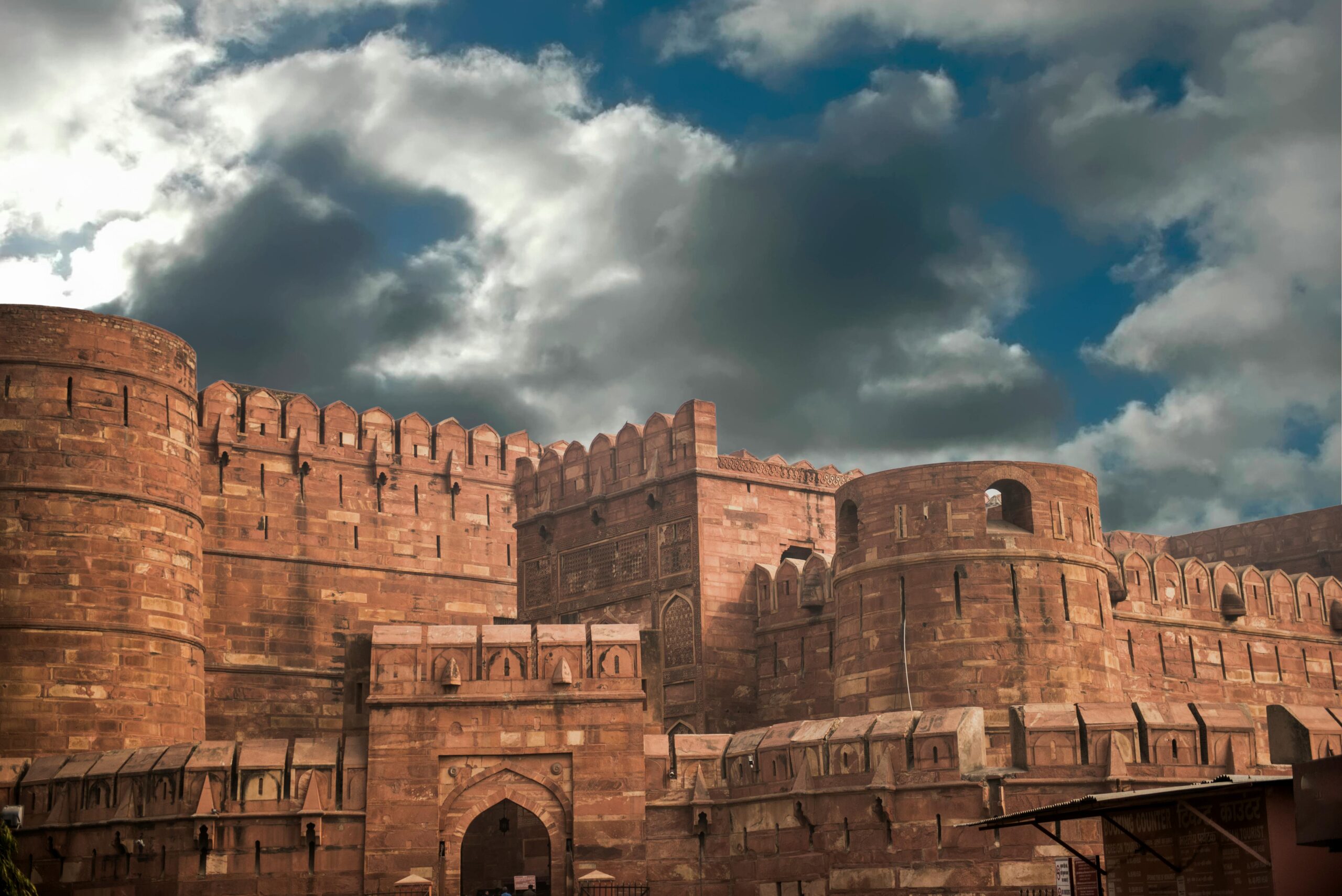
Uttar Pradesh’s Historical Philosophies: How the Past Influences the Present
- admin
- October 6, 2025
- Uttar Pradesh
- 0 Comments
Exploring the Legacy of UP’s Philosophical Foundations in Modern Times
Uttar Pradesh (UP), often hailed as the cultural and spiritual heart of India, holds a profound place in the nation’s history. From the teachings of ancient scriptures to the Bhakti and Sufi movements, the state’s philosophies continue to influence contemporary thought and governance. By examining historical data and modern metrics, we can see how these philosophies have shaped UP’s socio-political and cultural landscape.
Key Metrics Reflecting Historical and Contemporary Relevance
- Heritage Sites: UP is home to 743 protected monuments and 27 UNESCO tentative list sites, highlighting its historical significance (ASI, 2023).
- Spiritual Tourism: In 2022, over 30 million domestic and international tourists visited religious and historical sites like Varanasi, Ayodhya, and Sarnath (UP Tourism Department).
- Cultural Preservation: Government schemes allocated ₹250 crore in 2021-22 for the restoration of heritage structures, including Kashi Vishwanath Corridor and Ram Mandir.
Philosophical Foundations Rooted in History
- Vedic Traditions:
- The Vedas, composed in UP’s Gangetic plains, laid the groundwork for dharmic principles like duty (dharma) and action (karma).
- Modern Relevance: These concepts influence governance strategies and personal ethics, reflected in public service initiatives and social campaigns.
- Bhakti Movement:
- Leaders like Kabir and Tulsidas emerged from UP, advocating spiritual devotion and social equality.
- Contemporary Impact: Bhakti ideals are visible in grassroots movements and cultural programs promoting inclusivity and harmony.
- Sufi Influence:
- Sufi saints such as Salim Chishti fostered interfaith dialogue and communal harmony in the Mughal era.
- Legacy: Sufi traditions thrive in places like Fatehpur Sikri, attracting thousands to annual urs festivals.
Bridging History and Modernity
- Education:
- Institutions like Banaras Hindu University (BHU), founded on principles of holistic education, merge ancient wisdom with modern academia.
- Current Data: BHU hosts over 40,000 students and offers programs in Sanskrit, philosophy, and modern sciences.
- Cultural Festivals:
- Events like the Kumbh Mela, attended by over 240 million people in 2019, exemplify how ancient traditions remain relevant today.
- Literature and Arts:
- UP’s contributions to Hindi and Urdu literature, with figures like Munshi Premchand and Mirza Ghalib, reflect a blend of philosophical depth and artistic expression.
Challenges in Preserving Philosophical Legacy
- Urbanization Threats:
- Rapid urban expansion poses risks to heritage sites and traditional lifestyles.
- Data Insight: Over 20% of UP’s protected monuments face encroachments or neglect (ASI, 2023).
- Cultural Commercialization:
- Increased tourism often prioritizes revenue over authentic preservation.
- Example: The Ganga’s pollution levels remain a concern despite efforts to rejuvenate the river’s sacred status.
- Generational Disconnect:
- Younger generations are less engaged with traditional philosophies, emphasizing the need for education and outreach.
- Survey: Only 35% of UP’s youth express familiarity with regional philosophical movements (NSSO, 2022).
Recommendations for Sustaining UP’s Philosophical Heritage
- Strengthen Education:
- Integrate UP’s philosophical history into school and university curricula to foster awareness among younger generations.
- Enhance Digital Access:
- Develop virtual tours and online resources to make historical philosophies accessible globally.
- Promote Sustainable Tourism:
- Encourage eco-friendly practices and community-driven tourism to protect cultural sites and traditions.
- Invest in Preservation:
- Allocate greater resources for restoring monuments and supporting cultural festivals that reflect UP’s rich heritage.
Conclusion: A Living Legacy
Uttar Pradesh’s historical philosophies continue to shape its identity, influencing governance, culture, and social practices. By leveraging its philosophical heritage and addressing modern challenges, the state can ensure that its legacy remains vibrant and relevant for future generations.



